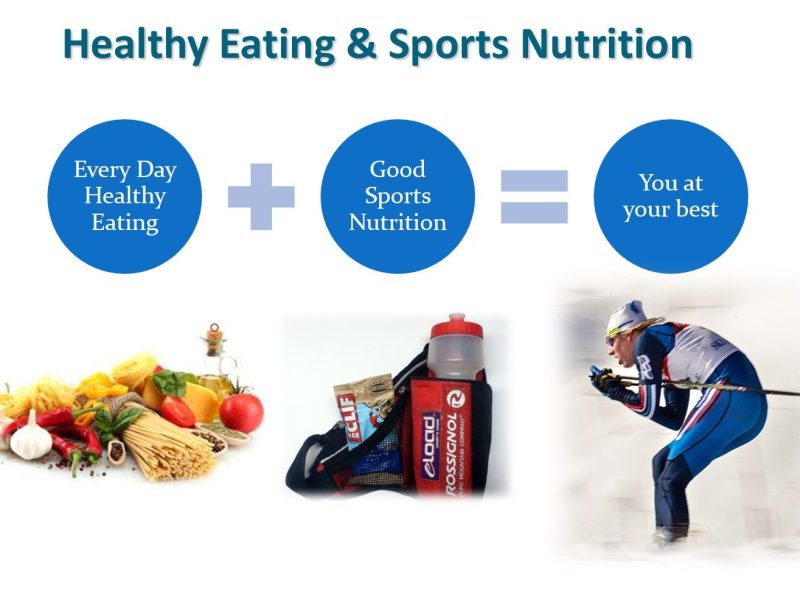Teenage years are a critical period of growth and development when it comes to physical health and nutrition. Amidst this journey, teenagers often find themselves influenced by the powerful force of peer pressure. Peer pressure refers to the social influence exerted by one’s peers to conform to their behaviors, attitudes, and choices. When it comes to nutrition, peer pressure can either have positive or negative effects on a teenager’s eating habits. This article explores the interplay between teen nutrition and peer pressure and provides insights on how teenagers can make healthier food choices while navigating through this influential stage of life.
Positive Effects of Peer Pressure on Teen Nutrition
Contrary to popular belief, peer pressure can sometimes have positive effects on the nutrition choices made by teenagers. Adolescents are wired to seek acceptance and fit in with their peers, and this desire can extend to their dietary choices. If a teenager’s social circle encourages healthy eating habits, there is a higher chance of the individual adopting a similar lifestyle. Eating together as a group, sharing recipes, and engaging in physical activities together can lead to a positive cycle of peer influence.
Creating an Environment that Promotes Healthy Eating
Parents, schools, and communities play a crucial role in creating an environment that promotes healthy eating among teenagers. By providing access to nutritious meals and snacks, it becomes easier for teens to make healthier choices when they are surrounded by peers who also prioritize their nutrition. Schools can host nutrition education programs, develop healthy school lunch menus, and implement initiatives that encourage students to make informed food choices. By making healthy options appealing and readily available, the chances of positive peer pressure increasing are significantly higher.
Avoiding Negative Peer Pressure
On the other side of the spectrum, peer pressure can have detrimental effects on teen nutrition. During adolescence, the desire to conform can lead to unhealthy eating habits, such as excessive consumption of junk food, skipping meals, or engaging in fad diets. Teenagers may feel pressured to fit in by eating foods that are high in salt, sugar, and unhealthy fats, as these tend to be popular choices among peers. It is essential for teenagers to develop a strong sense of self and prioritize their well-being over the desire to conform. By understanding the long-term health consequences of poor nutrition, it is easier to resist negative peer pressure.
Developing Resilience
Resisting negative peer pressure can be a challenging task, but it is not impossible. Developing resilience is key to making one’s own healthy choices despite external influences. Teenagers should educate themselves about proper nutrition and the benefits of eating a balanced diet. This knowledge enables them to make informed decisions about their food choices and resist the temptations posed by peer pressure. Additionally, having a support system that encourages healthy habits can be immensely beneficial. Friends, family members, and health professionals can provide the necessary support and guidance needed to achieve a healthy lifestyle.
Media Influence and Teen Nutrition
Apart from peer pressure, the impact of media on teen nutrition choices cannot be overlooked. Countless advertisements, TV shows, and social media platforms promote unhealthy foods, contributing to the pressure teenagers feel to indulge in these products. The power of social media influencers and their role in shaping eating habits should not be underestimated. Therefore, it is important for teenagers to critically analyze the information they receive and question the authenticity and consequences of the promoted lifestyle. Open discussions about media influence and its effects on health can help adolescents develop a more realistic and balanced approach to nutrition.
Conclusion
Teenage years are a vulnerable period for nutrition, as the impact of peer pressure is highly significant. While peer pressure can be both positive and negative, the key lies in creating an environment that fosters healthy eating habits. By raising awareness, providing access to nutritious food, and offering support, parents, schools, and communities can help teens resist negative influences and make sound nutritional choices. Furthermore, equipping teenagers with the necessary knowledge and resilience can empower them to navigate through peer pressure and media influence, leading to a healthier and happier future.


